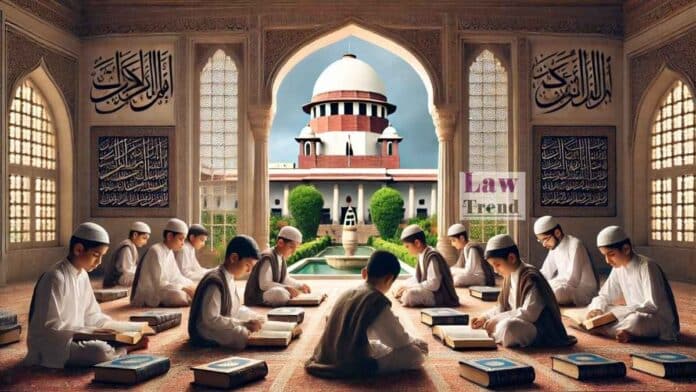The Supreme Court of India on September 15, 2025, dismissed a writ petition seeking reconsideration of its 2020 judgment that upheld the constitutional validity of the West Bengal Madrasah Service Commission Act, 2008. A bench of Justice Dipankar Datta and Justice Augustine George Masih held that a judicial decision cannot be challenged on the grounds

To Read More Please Subscribe to VIP Membership for Unlimited Access to All the Articles, Download Available Copies of Judgments/Order, Acess to Central/State Bare Acts, Advertisement Free Content, Access to More than 4000 Legal Drafts( Readymade Editable Formats of Suits, Petitions, Writs, Legal Notices, Divorce Petitions, 138 Notices, Bail Applications etc.) in Hindi and English.
Click to Subscribe
If you are already a VIP Member, Click to Login Now
READ ALSO [BREAKING] SC Dismisses Petitions Challenging Revised Reservation in UP Panchayat Election




